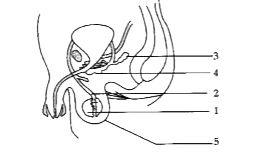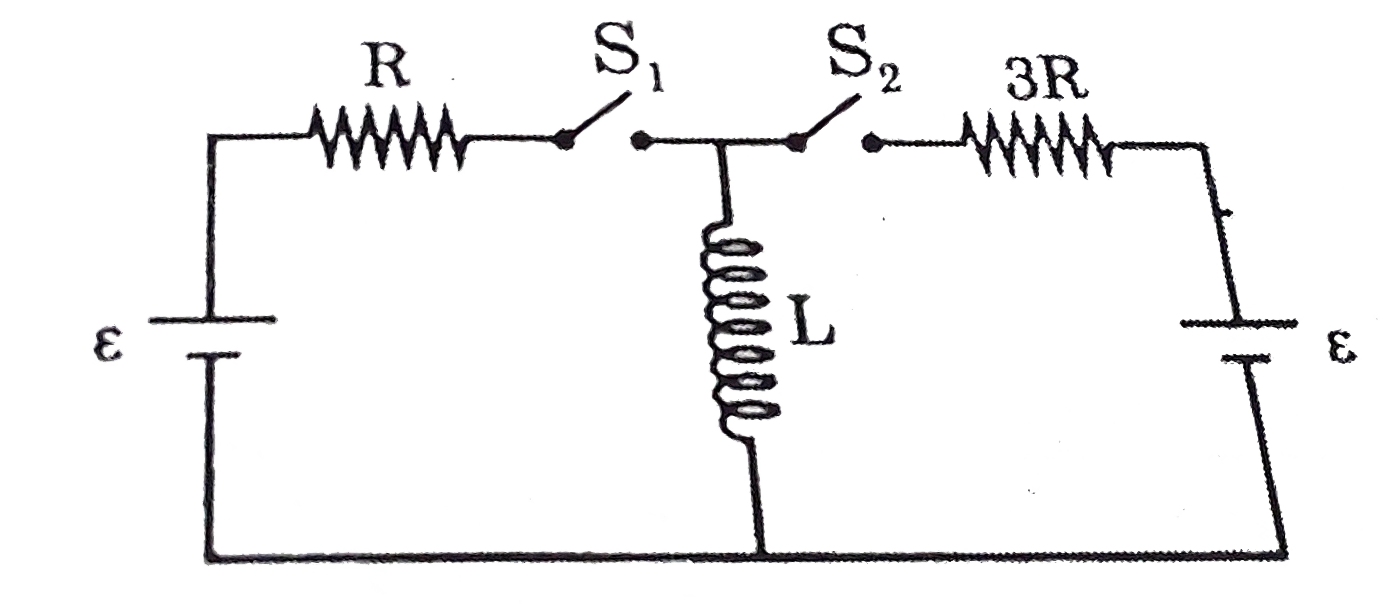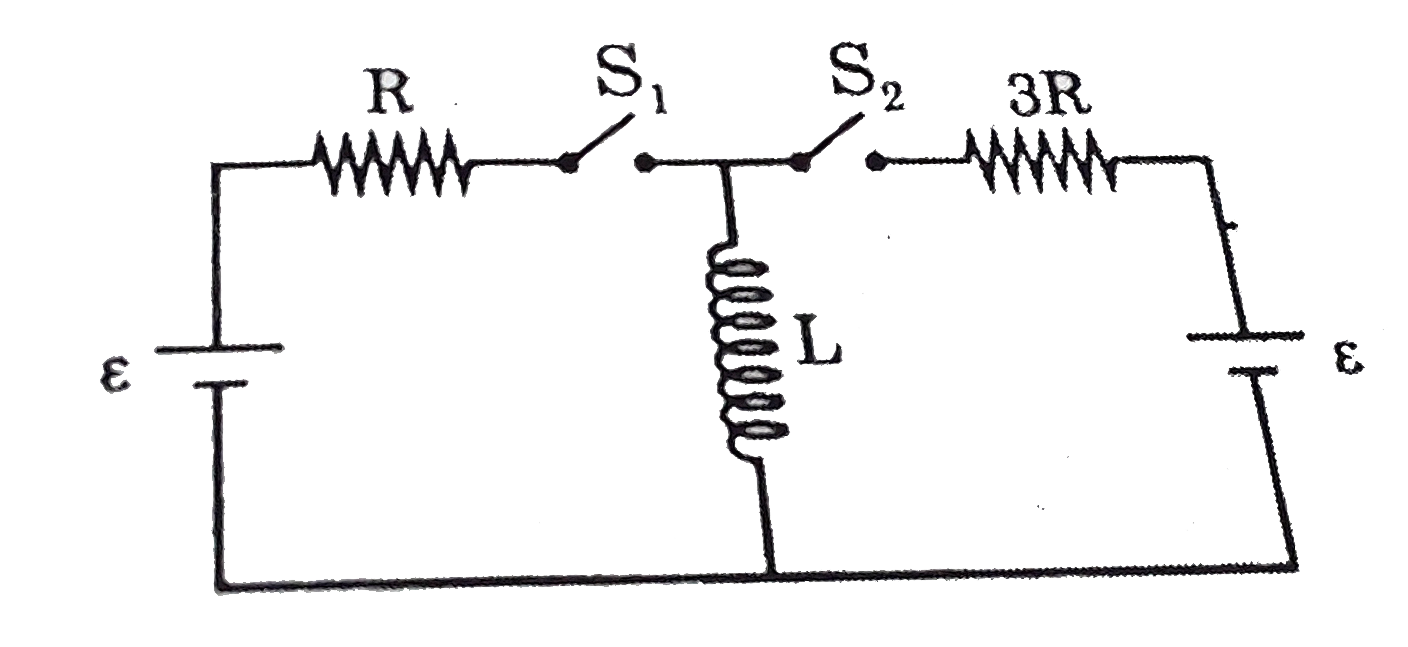In early times hippocrates & Indian Ayurveda system asserted that state of body & mind are balanced by :-
The correct Answer is:Humors
Step-by-Step Solution:
1. Understanding the Historical Context: The question refers to the early medical theories proposed by Hippocrates and the Indian Ayurveda system. Both systems emphasized the importance of balance in the body and mind for maintaining health.
2. Hippocrates' Contribution: Hippocrates, known as the "Father of Medicine," rejected the idea that diseases were caused by supernatural forces or sins. Instead, he proposed that diseases were related to imbalances in bodily fluids, which he referred to as "humors." These humors include blood, phlegm, yellow bile, and black bile. An imbalance among these fluids could lead to various diseases.
3. Ayurveda's Perspective: Similarly, the Indian Ayurveda system also focuses on balance. Ayurveda identifies three primary doshas (or energies) – Vata (related to air), Pitta (related to fire), and Kapha (related to earth and water). Health is maintained when these doshas are in balance, and any disturbance in these energies can lead to illness.
4. Conclusion: Both Hippocrates and Ayurveda assert that the state of the body and mind is balanced by maintaining equilibrium among the bodily fluids (in the case of Hippocrates) or the doshas (in the case of Ayurveda). Therefore, health is seen as a state of balance, and disease arises from imbalance.
Final Answer: The state of the body and mind is balanced by maintaining equilibrium among bodily fluids (Hippocrates) or doshas (Ayurveda).
---
Topper's Solved these Questions
Similar Questions
Heath for a long time, was considered as a state of body and mind where there was a balance of certain humors. This is what early like "Hippocrates" as well as Indian Ayurveda system of medicine asserted :-
View SolutionGiven below is the diagram of the male reproductive system and its associated parts in the human body. Study the diagram and answer the questions that follow:

State the functionn of the part marked 2and 3.
View Solution
Knowledge Check
Assertion : The additions of an inert gas at constant volume to a system at equilibrium does not affect the state of equilibrium
Reason: The inert gas does not react with any of the reactants or products.AIf both Assertion and Reason are CORRECT and a Reason is the CORRECT explanations of the AssertionBIf both Assertion and Reason are CORRECT but Reaon is not CORRECT explanation of the Assertion.CIf Assertion is CORRECT but Reasson is INCORRECT.DIf Assertion is INCORRECT but Reason is CORRECT.
In the given circuit switch S2 is Kept closed and S1 is kept open for a very long time such that the system is in steady- state . Now S1 is also slosed keeping S2 closed.

Current passing through inductor L time after S1 is closed , is :
View SolutionA gas is enclosed in a cylinder with a movable frictionless piston. Its initial thermodynamic state at pressure Pi=105 Pa and volume Vi=10−3m3 changes to a final state at Pf=(1/32)×105PaandVf=8×10−3m3 in an adiabatic quasi-static process, such that P3V3=constant. Consider another thermodynamic process that brings the system form the same initial state to the same final state in two steps: an isobaric expansion at Pi followed by an isochoric (isovolumetric ) process at volume Vr. The amount of heat supplied to the system i the two-step process is approximately
View SolutionIn the given circuit switch S2 is Kept closed and S1 is kept open for a very long time such that the system is in steady- state . Now S1 is also slosed keeping S2 closed.

Current passing through R just after S1 is closed , is :
View SolutionWhich parts of the nervous system participate in the maintenance of balance and coordinated body movements ?
View SolutionAssertion :− The mechanical energy of earth-moon system remains same when a another heavenly body passes nearby the earth−moon system.
Reason :− Force exerted by heavenly body on the earth−moon system is non−conservative.
View SolutionState how the velocity-time graph can be used to find (i) the acceleration of a body, (ii) the distance travelled by the body in a given time, and (iii) the displacement of the body in a given time.
View SolutionAssertion : A body is momentarily at rest at the instant it reverses the direction.
Reason : A body cannot have acceleration if its velocity is zero at a given instant of time.
View Solution
